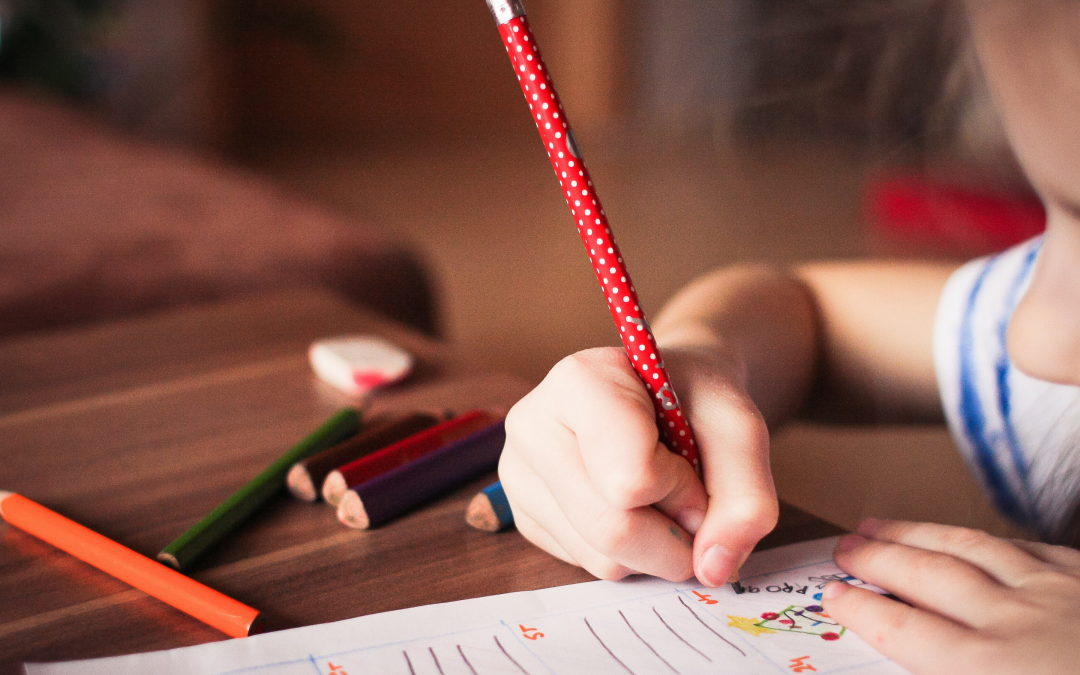Starting school is a huge milestone, laced with excitement, anxiety and fear and that is just how the parent can feel.
There is so much build up to starting school, all the expectations associated with meeting this milestone.
The child may have heard words like “when you are a big boy or girl you will go to school”, or “you are a big boy/girl now that you are going to school”. If they have older siblings this may be something that they have looked forward to for years and they are finally able to join their siblings in the ranks of the big kids!
For children that have not had any experience of what school is they may have a lot more questions, anxiety and worries about what it all means.
- What does it mean to be a big boy/girl?
- They may conjure up all sorts of worries and expectations of themselves, for example am I allowed to cry if I’m a big boy/girl? What if I can’t be big boy/girl?
- Will I get into trouble?
- What will happen if I need my mum or dad?
Not to mention all of the other fears or questions they may have.
How can we help?
So, what can we do to help get our children emotionally ready to start school?
The Circle of Security parenting model talks about children needing a secure and safe base to explore from. This is a person that meets their needs for emotional support, comfort, re-charges and helps to regulate their emotions.
If a child is recharged, has their emotional cup filled and feels as if they can manage their own emotions, then they will be more likely to feel comfortable going out into exploration for example starting school.
To enable this, we need to regulate our own emotions and keep them in check making sure that we try to avoid sharing our anxiety about starting school with our children. Children will feed off our emotions and they are very good at picking up all of our non-verbal communication.
We need to make ourselves emotionally available to our children so that they can feel connected and safe.
If our children have developed a trusting and secure relationship with us, they are more likely to be able to develop trusting and secure relationships with their teacher and will have more success in making friends with their peers.
Talking about emotions
Other ways that you can help children is to talk about their feelings and how it might feel to be nervous.
Give them a name for the butterflies they might be feeling. Share examples of when you have felt the same.
Help them learn that this is normal and give them some ways that they can help calm themselves down if they are feeling like this.
Practical Tips
There are lots of practical strategies that support children to get ready for school too such as transition visits, connecting with other families in the area that will be attending the same school.
You might like to arrange a play date so that your child can build friendships before they start.
Try to talk about school in a positive way, but without putting pressure on them to be big and grown up.
You can read books about starting school if they are interested, but try not to push this on them as they may already be feeling overwhelmed and uninterested.
Using mindfulness
A great way is to teach children about their breathing and when to recognise that they are breathing fast and shallow.
Teach them to tune into their breathing and slow it down by taking nice deep slow breaths into their tummy.
You can practice this at home by placing a teddy on their tummy and asking the child to breath in until the teddy goes up high and then to breath out slowly watching the teddy go down without falling off.
You could try this together and it can be a fun and nice way to connect and teach practical skills to calm down.
Other ways of connecting to breath is using bubble blowing and blowing windmills.
Sleep
Getting enough rest is essential, especially in the lead up to school.
Try to implement a predictable bedtime routine that sets them up for success.
It is a huge step starting school and some children may have only recently dropped their afternoon naps.
One of my children fell asleep on the way home from school every day in his first few months and we only lived a 5-minute drive away!
We know how being tired can affect our mood, our ability to function and can significantly add to the sense of overwhelm.
Supporting distress
If your child gets distressed or anxious about starting school the best thing that you can do in this situation is to comfort them and let them know that you are there for them.
Stay with them and allow them to let out their emotions and acknowledge them by validating whatever it is that they are feeling.
By doing this they will feel heard and their feelings will be validated. By staying present and maintaining that connection with your child you are building on your relationship which will be even more important as they grow up.
In summary, starting school can be an exciting and emotional time for everyone.
It is a great opportunity to build your child’s confidence and skills in regulating their own emotions. A secure loving relationship with your child is the most valuable gift that you can give them and this will support them to build relationships and develop their social and emotional wellbeing for school and life.
CONNECT WITH SONIA:
Facebook: CHILD SA
Instagram: @sonia.childsa
Website: www.childsa.com.au

ARTICLE BY
Sonia Harris,
CHILD SA
Sonia is the Founder and Director of CHILD SA.
CHILD SA aims to provide education and support for families, educators and organisations in order to foster a deep understanding of the social and emotional development and wellbeing of babies and children in the early years.
For more information on the Circle of Security visit www.circleofsecurityinternational.com

